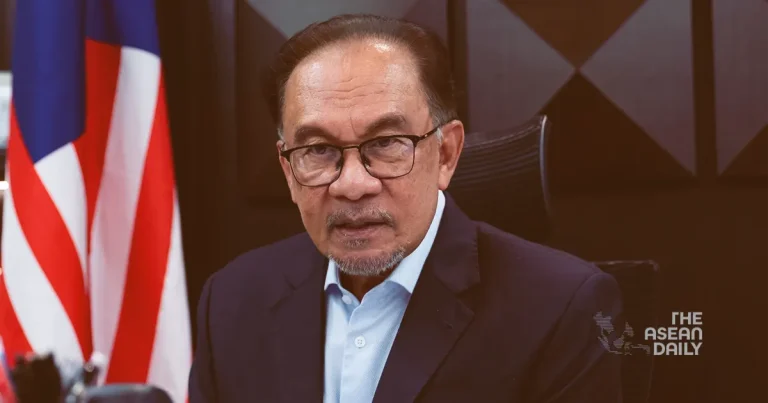25-11-2024 (KUALA LUMPUR) As Malaysian Prime Minister Anwar Ibrahim marks his second anniversary in office, his leadership continues to spark debate about the true nature of his political ideology and governance approach.
Having defied initial scepticism about his ability to maintain power, Anwar has now outlasted his three immediate predecessors, achieving relative stability in Malaysia’s typically volatile political landscape. His ascension to the premiership in November 2022, facilitated by royal intervention following an inconclusive election, marked the culmination of a decades-long journey marked by imprisonment and political persecution.
Yet, Anwar’s tenure has been characterised by seemingly contradictory positions. His historical reputation as a reformer, built on promises of democratic transformation and multicultural harmony, appears at odds with recent policy decisions that have drawn criticism for their increasingly Islamist bent.
The introduction of the controversial Mufti (Federal Territories) Bill has particularly alarmed secular and minority groups. The proposed legislation would grant religious authorities unprecedented powers beyond parliamentary oversight, potentially reshaping Malaysia’s delicate balance between secular governance and Islamic principles.
Anwar’s strong advocacy for Palestinian causes and his directive to involve the Islamic Development Department (JAKIM) in broader policy-making has further intensified debate about his administration’s direction. His unprecedented call for Israel’s expulsion from the United Nations marked a departure from Malaysia’s traditionally more measured diplomatic approach.
Political analysts suggest a third interpretation of Anwar’s seemingly contradictory positions: political pragmatism. Following his coalition’s disappointing performance in six state elections last August, where the opposition Perikatan Nasional secured significant Malay-Muslim support, Anwar’s rightward shift may represent a strategic manoeuvre ahead of the next general election.
“Malaysian politics has shifted significantly rightward,” notes Dr Ahmad Rahman, a political scientist at Universiti Malaya. “The question isn’t just about Anwar’s personal ideology, but about navigating a political landscape where conservative Islamic values increasingly dominate public discourse.”
As Malaysia approaches its next electoral test, expected before 2027, the prime minister’s ability to balance reform promises with religious conservatism could determine not only his political future but also Malaysia’s trajectory as a multicultural nation in an increasingly polarised world.




